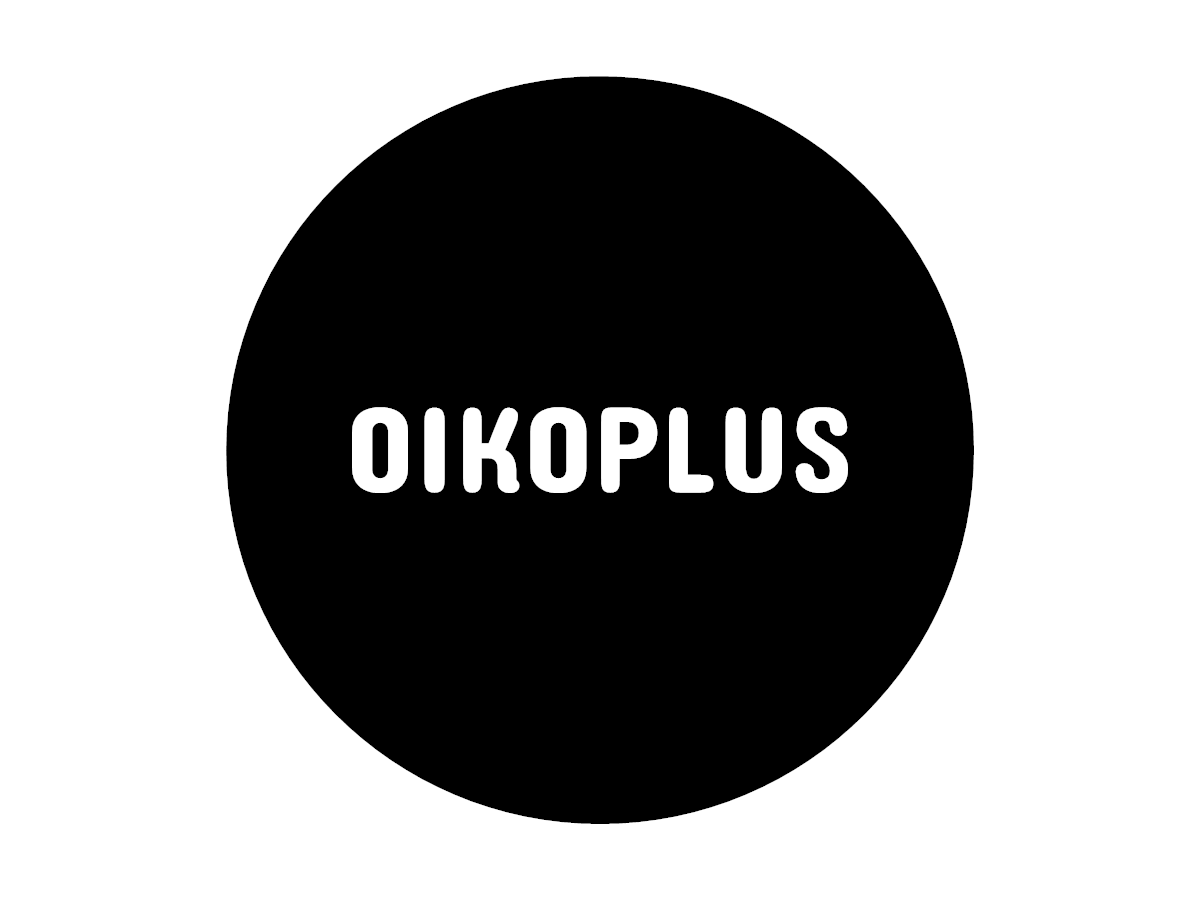In the last Oikoplus Reading List, Michael Anranter took a critical look at innovation culture and innovation communication. We discussed it, and came to an entirely uninnovative solution: We repeat the whole thing, and I also write a text about innovation.
Whatever it is, something in us craves innovation. How else could the constant drive for the new, for the better, have become such the norm? Those who do not merely reproduce in their work, but make it better, are appreciated for it. For breaking new ground, for thinking outside the box, for not standing still, for pioneering, for being creative, for game-changing, for being disruptive. Our language has many beautiful phrases and idioms for innovative thinking.
At Oikoplus, we are constantly challenged to innovate the way we communicate science and research. And the researchers we advise and support are also constantly innovating. Sometimes it seems as if everyone is constantly challenged to reinvent the wheel.
Exnovation: Can it go?
Let’s start with the opposite term to innovation: Exnovation. Because it is often not the new itself that drives progress, but rather what is already there but needs to go. Our REACT project, for example, is all about innovation in the fight against insect pests. But it’s mainly about replacing the old methods – namely pesticides. So is the project driven by innovation, or by exnovation? It’s hard to say. Ultimately, it’s about two sides of the same coin. Nevertheless, exnovation often remains underlit. Jean Bartley and Lawrence Knall point this out in a 2021 article, arguing that a better understanding of exnovation makes for a better culture of innovation.
A text by Alexander Krause on LinkedIn argues in a very similar direction. The agile coach promises that reading his text within two minutes will change the way you think. Well. Just give it a try.
As I read this, I think to myself: Talking about exnovation instead of just innovation doesn’t necessarily protect you from the weird business coach-speak of our time.
New things were not always at demand
But it wasn’t always the case that new things were valued. More than half a decade ago, I myself conducted an interview with the historian Frank Trentmann, which you can still read on Issuu.
In it, Trentmann tells of European traders who set out for China in the 17th century with shiploads of innovations, only to be met with incomprehension there, since the value of things there was linked to their age and proven value.
Innovation as a creed
That old things have a high value, we know until today. From arts and antiques, for example. When it comes to intangible things like social norms, age is not necessarily a suitable indicator of quality or acceptance. If innovation is limited to the pure communication level, phenomena such as green-, pink- or wokewashing sometimes emerge.

And then there is even the rhetorical appeal to innovation, which merely serves to delay overdue ex-novation. It goes something like this: “We trust in technological innovations instead of bans!” You hear that occasionally, for example when it comes to climate change adaptation. Instead of replacing high-emission technologies with low-emission ones by law, i.e., top-down exovation, people wait for innovations to become established without doing much to ensure their success.
This is not to say that technological innovations cannot also make their contribution. But in many cases it is simply not enough to wait for innovation where exnovation has long been necessary. This could already be read in 2010 in the Harvard Business Review with reference to climate change. “Even if energy innovations have a lot of potential, they might not be deployable until it’s too late. History shows that most of the technology breakthroughs need decades to make it to the mass market.”
This and many other examples show that it makes perfect sense to include exnovation as a term in one’s own vocabulary. The term helps to critically scrutinize innovations. After all, there are also bad innovations. Incidentally, there is a nice word in German for the thesis in the first sentence of this text, according to which something in us craves for innovation: Neugier (engl: curiosity). The greed for something new. And no matter how critically one questions the concept of innovation. But don’t worry. At Oikoplus, we still believe that curiosity for innovation has its good sides.


